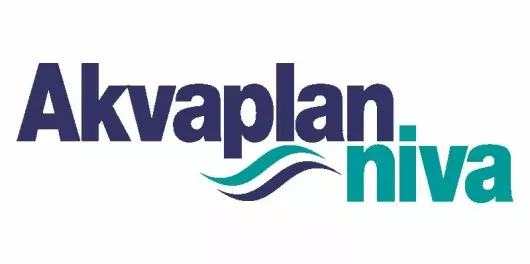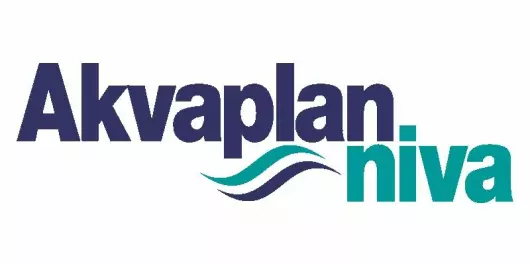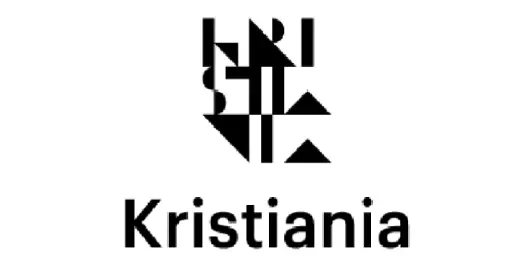Ledig stilling på Universitetet i Oslo
Blindern og Urbygningen (Foto: Wikimedia og Colourbox)
Researcher in bioinformatics and immunogenomics
Deadline: 19.04.2021
Universitetet i Oslo
The University of Oslo is Norway’s oldest and highest rated institution of research and education with 28 000 students and 7000 employees. Its broad range of academic disciplines and internationally esteemed research communities make UiO an important contributor to society.
Department of Biosciences (IBV) is one of nine departments at the Faculty of Mathematics and Natural Sciences. Research in the department is organised in five sections covering topics within biochemistry, molecular biology, physiology, cell biology, genetics, aquatic biology, toxicology, ecology, and evolutionary biology.
Education across these topics is offered for around 380 bachelor, 170 master, and 75 PhD students. With 52 permanent professors/associate professors, post-docs, researchers, technical, and administrative personnel, the Department has a total staff of 340 from more than 30 different countries. The Department aims to maintain high international standards within both research and teaching. The new bachelor program in bioscience is the first of its kind to include programming and computational modelling as core elements.
Job description
A position as Researcher available at Department of Biosciences in bioinformatics and immunogenomics.
The position is for a period of 3 years. Starting date no later than 1.10.2021.
The position is funded by the RCN project VACSACOD, which aims to understand immune responses in Atlantic cod and is part of the UiO Convergence Environment COMPARE. COMPARE is an interdisciplinary comparative immunology research environment where immunologists, evolutionary biologists, population biologists and bioinformaticians work together. While the adaptive immune system encompassing B cells, T cells and MHC class I and class II loci is shared among all jawed vertebrates, Atlantic cod and other codfishes specifically lost MHC class II molecules and CD4+ T cells approximately 100 mya. In other vertebrates (including most other fishes), the MHC II – CD4 axis is required for strong antibody responses and vaccine efficacy, and it is yet unresolved how Atlantic cod develops specific immunity.
The VACSACOD project employs single-cell transcriptomics of immune cells and other cutting-edge technology within molecular biology, modern high-throughput sequencing and bioinformatics. A major focus for the current position will be antigen receptor profiling of Atlantic cod B cells and T cells, BCR and TCR, respectively. Antigen receptor profiling is made possible by high-throughput, massively parallel DNA sequencing and will be used to characterize the immune repertoire and study the immune response to antigens and vaccines. The candidate will participate in design of experiments and build pipelines for bioinformatic analyses for high-throughput immune receptor analysis in Atlantic cod. The candidate will work closely with wet-lab scientists and it will be possible to do some wet-lab work although the emphasis will be on bioinformatic work.
We seek a candidate that enjoys collaborating with others, but is also able to work independently.
Qualification requirements
The Faculty of Mathematics and Natural Sciences has a strategic ambition to be among the leading communities for research, education and innovation in Europe. Candidates for these fellowships will be selected in accordance with this, and expected to be in the upper segment of their class with respect to academic credentials.
- Applicants must hold a degree equivalent to a Norwegian doctoral degree in bioinformatics or genomics. Doctoral dissertation must be submitted for evaluation by the closing date. Only applicants with an approved doctoral thesis and completed defence are eligible for appointment.
- Fluent oral and written communication skills in English
The following qualifications will count in the assessment of the applicants:
- Experience with building bioinformatic analysis pipelines
- Experience with analyses of high throughput sequencing data
- Documented knowledge of general immunology
Personal skills
- Ability to conduct high-quality independent research within a broad collaboration
- Interpersonal communication skills and the ability to work as part of a team
- Willingness to work together with PhD and Masters’ students
- Personal suitability for the position, self-motivation, creativity, genuine curiosity about the subject, work discipline, professional ethics, and ambition
We offer
- Salary NOK minimum 526 000 – 586 500 per annum depending on qualifications in position as Researcher (position code 1109)
- Attractive welfare benefits and a generous pension agreement
- Professionally stimulating working environment
- Vibrant international academic environment
- Oslo’s family-friendly surroundings with their rich opportunities for culture and outdoor activities
How to apply
The application must include
- Cover letter (statement of motivation, summarizing scientific work and research interest)
- CV (summarizing education, positions, pedagogical experience, administrative experience and other qualifying activity)
- Copies of educational certificates and academic transcript of records
- A complete list of publications and up to 3 academic works that the applicant wishes to be considered by the evaluation committee
- Names and contact details of 2-3 references (name, relation to candidate, e-mail and telephone number)
The application with attachments must be delivered in our electronic recruiting system. Foreign applicants are advised to attach an explanation of their University's grading system. Please note that all documents should be in English (or a Scandinavian language).
In assessing the applications, special emphasis will be placed on the documented, academic qualifications, as well as the candidates motivation and personal suitability. Interviews with the best qualified candidates will be arranged.
It is expected that the successful candidate will be able to complete the project in the course of the period of employment.
Formal regulations
According to the Norwegian Freedom of Information Act (Offentleglova) information about the applicant may be included in the public applicant list, also in cases where the applicant has requested non-disclosure.
The University of Oslo has an agreement for all employees, aiming to secure rights to research results a.o.
Inclusion and diversity are a strength. The University of Oslo has a personnel policy objective of achieving a balanced gender composition. We also want to have employees with diverse expertise, combinations of subjects, life experience and perspectives. We will make adjustments for employees who require this.
If there are qualified applicants with special needs, gaps in their CVs or immigrant backgrounds, we will invite at least one applicant in each of these groups to an interview.
Contact information
For further information please contact:
For questions regarding the recruitment system please contact: HR adviser Nina Holtan - email: nina.holtan@mn.uio.no.
Apply for position














